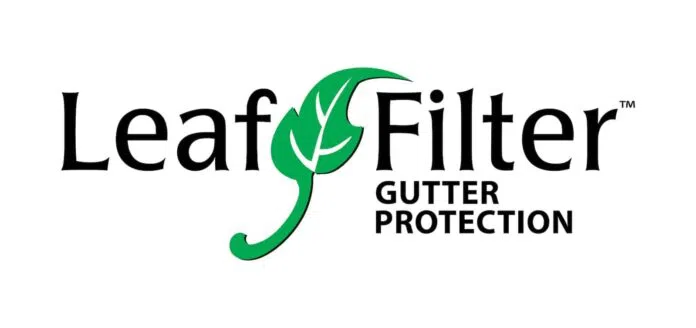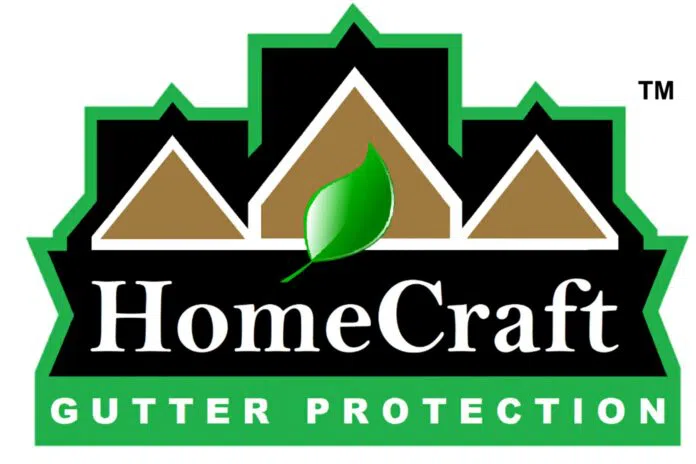Signs You May Need Gutter Guards
While gutter guards aren't always necessary, signs of obstructed gutters are clear. Some indicators of persistent gutter problems include:
- Frequent clogs that cause overflow and water to spill over gutters
- Mold growth, interior wall stains, or peeling exterior paint on walls near gutters.
- Soggy ground or visible erosion patterns around your house's foundation
- Visibly damaged, sagging, or misaligned gutters that no longer correctly direct rainwater
- Leaky seams or joints where water leaks out of gutters
How To Choose a Gutter Guard Installer
Assess Their Experience
Look for an experienced gutter guard installation company that has been in business for several years and has installed a wide variety of guard types and models. These companies know how to properly measure and handle the installation of gutter guards on your unique home setup. Ask how long they’ve been installing guards and request local referrals.
Verify Proper Licensing and Insurance
Make sure that any providers you're considering are properly licensed, bonded, and insured, with both workers compensation and general liability policies. This shields you from liability for potential injuries and accidents. Request current licensing and insurance papers from any potential providers.
Choose Reputable Brands
Look for installers that offer leading trusted gutter guard brands such as Gutter Helmet and LeafFilter. Steer clear of companies that only install generic no-name guards or their own off-brand products. These lesser-known products may not have gone through rigorous quality testing.
Seek Custom Fit Services
For optimal performance, gutter guards need to be custom-fitted to match your specific gutter setup. Select a company that custom measures and trims guards specifically for your home, rather than using universal guards. Accurately fitted guards will leave no gaps for debris to get stuck.
Examine Warranties
Leading gutter guard companies often offer 20-year or lifetime warranties against leaks, clogs, rust, and other issues. When selecting a company, look into the warranty details for both workmanship and materials guarantees. Warranties give you the most effective protection for your gutter investment.
Check Reviews and Referrals
It's a good idea to look at online reviews on sites like the Better Business Bureau (BBB), Yelp, or Google Reviews to see what customers say about their experience. You can also ask neighbors for recommendations on quality gutter guard businesses near you. When researching potential providers, you should choose companies with a history of consistent positive feedback rather than just one or two reviews.
Types of Gutter Guards
The six most common gutter guard types include the following:
- Brush guards are made of large brush bristles that are installed in your gutters, blocking debris while allowing water to pass through. Brush guards cost around $4.05 per linear foot.
- Foam guards consist of pieces of foam that sit in your gutters to block debris. They're lightweight and easy to install. On average, you can expect to pay $2.46 per linear foot for foam guards.
- Screen guards have large holes that allow water through while keeping debris out. On average, you can expect to spend $4.35 per linear foot for screen guards.
- Mesh guards have smaller holes than screen guards and similarly catch debris while letting water flow through. Mesh gutter guards are durable and allow debris to slide off rather than sit on top of your gutters. On average, you can expect to pay $4.10 per linear foot for mesh guards.
- Micro-mesh guards have even smaller holes than mesh guards, letting even less debris through than mesh. These guards are very effective. Micro-mesh guards cost roughly $5.18 per linear foot.
- Surface tension guards, sometimes called reverse curve guards, use surface tension to allow debris to slide off while water flows through into the gutter. They are normally visible from the ground. Surface tension guards cost around $3.20 per linear foot.














